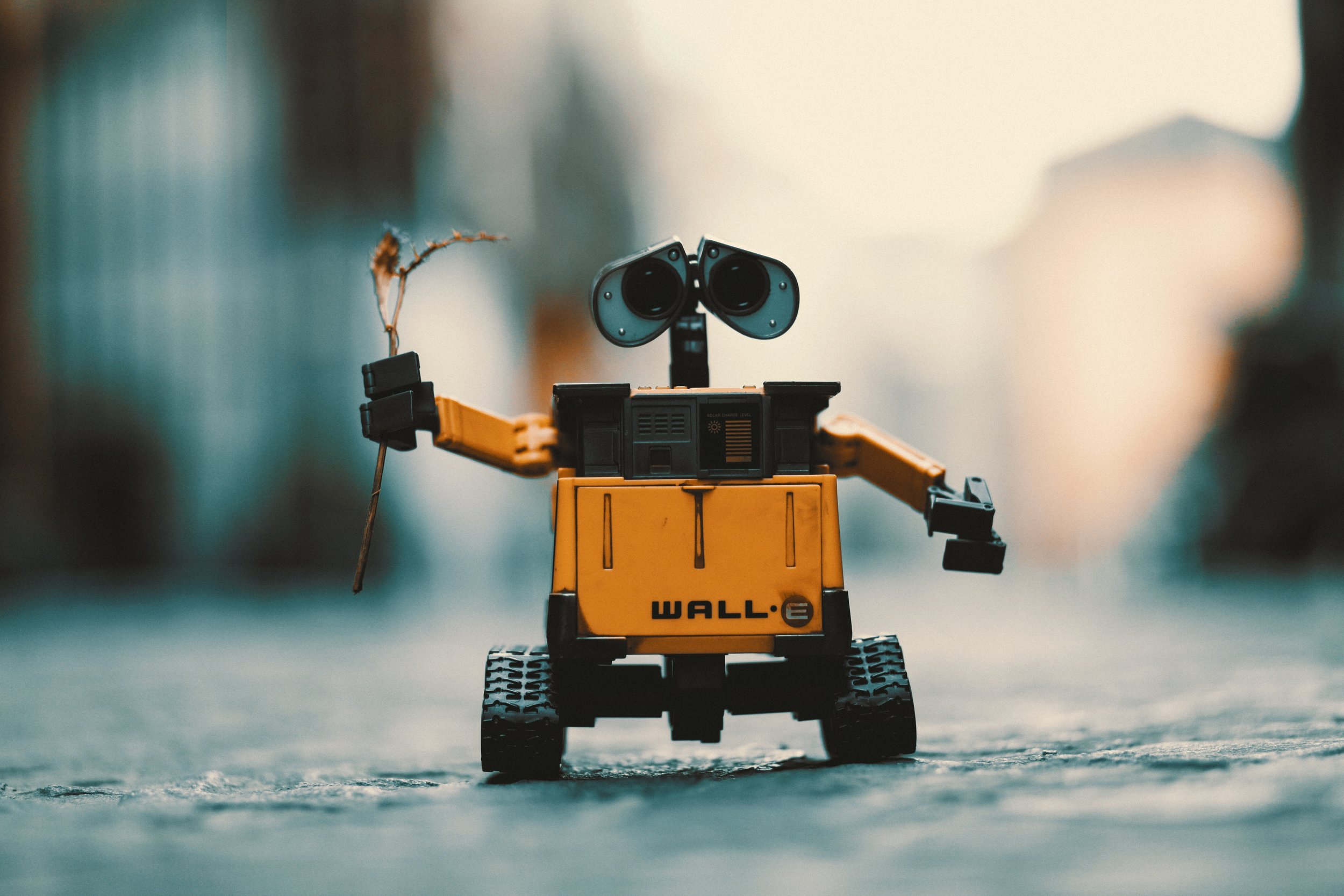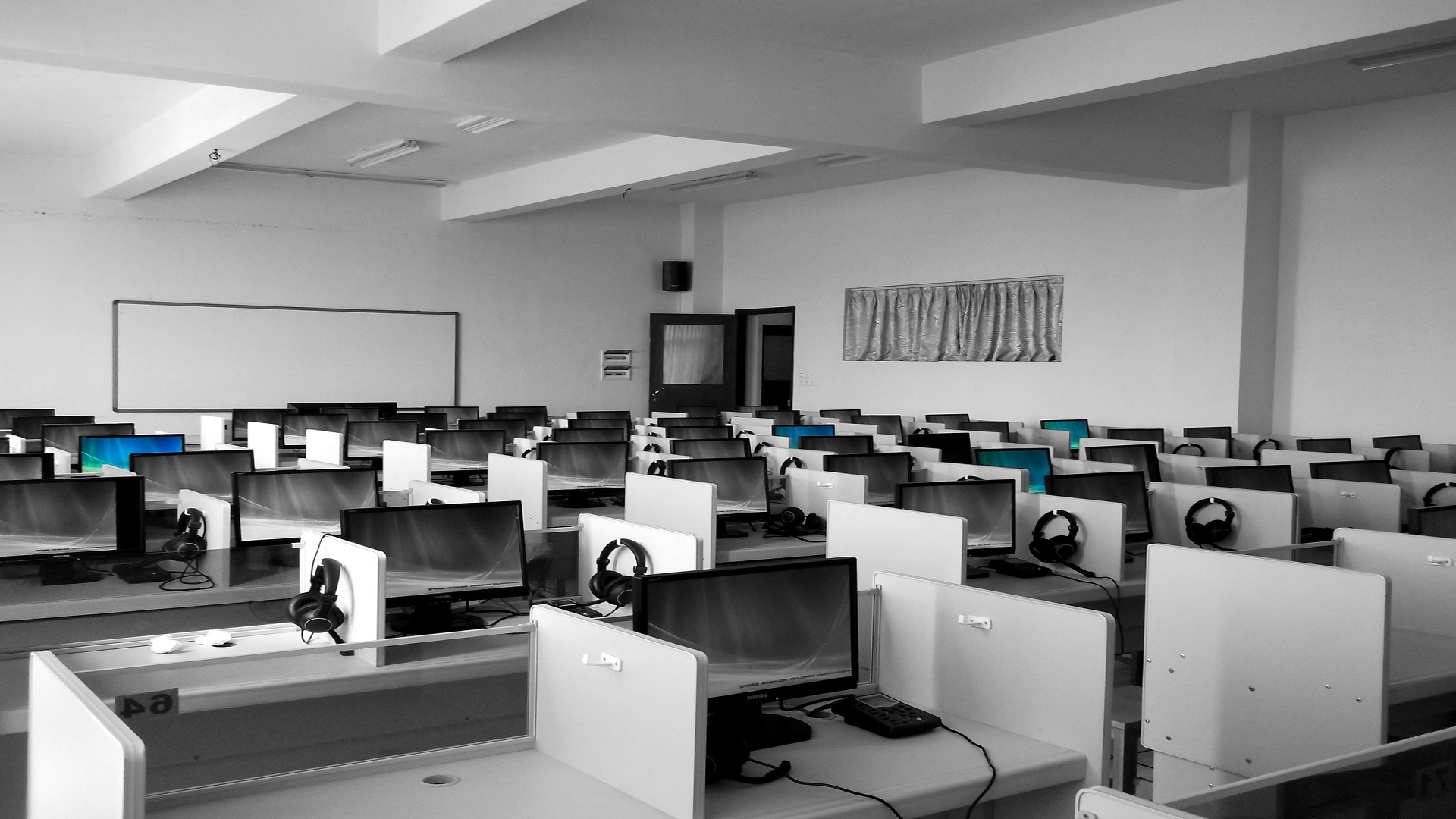The Future of Work...
The modern workforce is undergoing a significant transformation, driven by the influence of cutting-edge technologies such as automation, robotics, smart devices, biotechnology, and artificial intelligence (AI). Coupled with the impact of globalization and the rise of the gig economy, the role of work in today's world has evolved dramatically.
Many businesses are moving away from traditional employee relationships and focusing on building a more agile and efficient workforce. While this shift offers numerous benefits, it can also lead to unintended consequences, such as employees experiencing conflicting work demands, reduced job security, complications surrounding work health and safety, and intergenerational differences.
At Rethinko, we envision a future where technology serves as a catalyst for positive change in the workplace. However, to achieve this, it is crucial to implement technology responsibly, with effective safeguards in place. As work continues to evolve at an unprecedented pace, adaptability becomes paramount. By embracing technological advancements strategically, we believe that the quantity and quality of future jobs can be enhanced rather than diminished.
When implementing disruptive technologies, the key to success lies in fostering a collaborative approach. Both employers and employees can leverage the benefits of the modern employment relationship while mitigating potential challenges.
If you are an employer looking to successfully integrate something like a new AI initiative into your organization and want to ensure employee acceptance, we invite you to contact us for a consultation. Our team is dedicated to helping you navigate the complexities of the modern workplace and unlock the full potential of technology for the benefit of your business and your employees.
Together, let's reshape the future of work and create a thriving, technologically-enhanced workplace that empowers both employers and employees to succeed.
Contact us today to learn more about our services and how we can assist you in this transformative journey.
Rethinko provides...
targeted solutions that are focused on enabling employers and employees to be more agile and better work together in a world increasingly influenced by technology, globalisation and neoliberal ideology.



